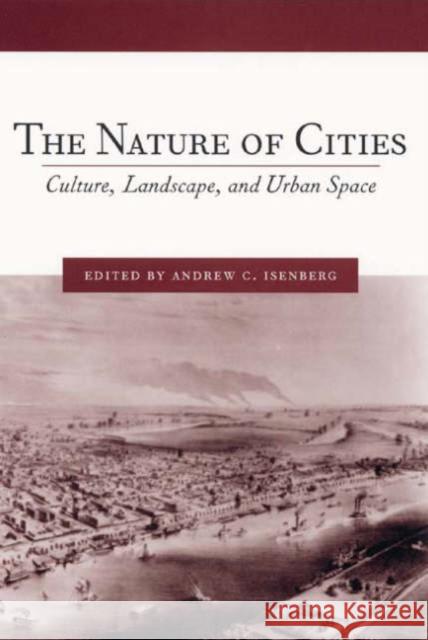The Nature of Cities: Culture, Landscape, and Urban Space » książka
The Nature of Cities: Culture, Landscape, and Urban Space
ISBN-13: 9781580462204 / Angielski / Twarda / 2006 / 222 str.
This volume explores the intersection of cities and the natural environment in an array of urban places, including New York, London, New Orleans, Venice, and Seattle, across a broad period from the late Renaissance to the present. The essays investigate the ecological context of revolts-both real and imagined-by urban squatters and slaves; urban epidemics and their cultural and political consequences; the social and economic impact of natural catastrophes upon urban places; and the environmental history of the rise and fall of cities. The Nature of Cities brings together the work of scholars employing new methods of research in urban and environmental history. The contributors to the volume, who include Karl Appuhn, Joanna Dyl, Ari Kelman, Matthew Klingle, Emmanuel Kreike, Sara Pritchard, Peter Thorsheim, and Ellen Stroud, represent a new generation of scholars in urban environmental history. Their innovative and interdisciplinary work draws on race, class, consumerism, landscape studies, and culture to address such questions as racial and class conflicts in urban public spaces; the cultural construction and control of public spaces by economic and government powers; and the idealization of cities as apart from nature. Andrew C. Isenberg is Associate Professor of History at Temple University. He is the author of The Destruction of the Bison: An Environmental History, 1750-1920 (New York, 2000), and Mining California: An Ecological History (New York, 2005).











